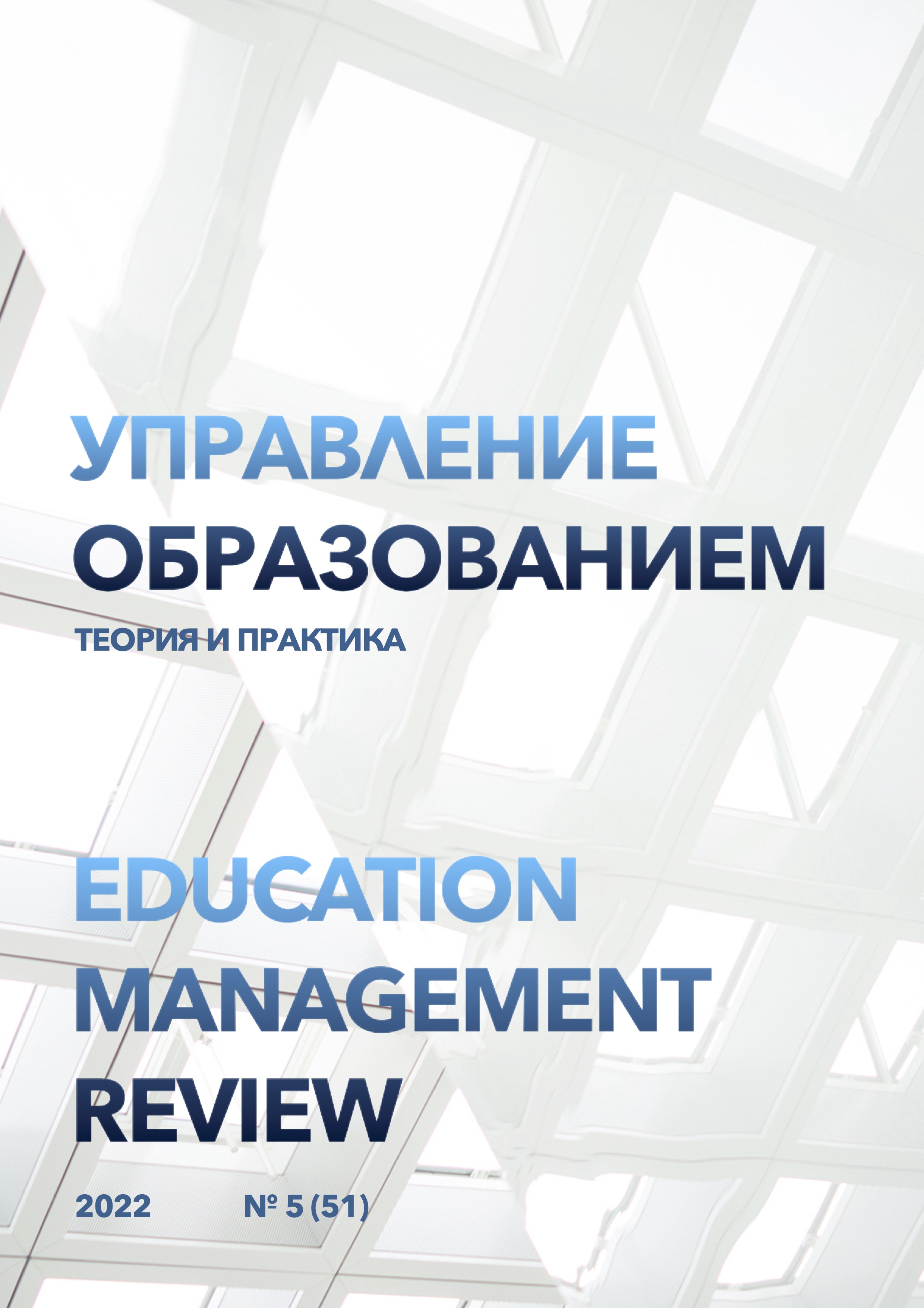Cybersecurity in a digital learning environment
DOI:
https://doi.org/10.25726/f7435-3301-1451-cKeywords:
cybersecurity, university, institute, protectionAbstract
People live and act in the digital space (CPU). Children are born, grow up, learn and will work with gadgets that are connected to networks and become a natural environment. Their life is influenced and influenced by the CPU with old and new dangers, depends more and more on cognitive factors, interface, content, behavior patterns) and can be characterized from the standpoint of safety, comfort efficiency (in particular health), that is, it is in the field of ergonomists. New problems arise caused by the life and activities in the Central Bank, the relevant factors of influence, ways to avoid them and the corresponding new means and tools. Accordingly, the problems of the development and implementation of information and communication technologies (ICT) in education that require solving, which is emphasized both at the international and national levels. However, it should be borne in mind that "under the influence of new information technologies, the processes of transformation of social development are so fundamental and global that, in addition to positive influence, they naturally bring with them serious problems, threats and risks in case of underestimation of new factors and conditions." As noted in the materials of the International Forums in Davos (2018-2019), the problem of cybersecurity (CB) is becoming particularly acute, which concerns almost all spheres of human life and activity, especially in conditions of full informatization of education. Due to cyber attacks, humanity suffers losses of more than 400 billion. US$ per year.
References
Антонова Л.Л., Полюшкевич О.А. Социокультурная безопасность и консолидация общества // Современные исследования социальных проблем (электронный научный журнал). 2012. №12 (20). С. 39.
Баликина, Г.В. Коммуникативное сопровождение мероприятий по модернизации образования / Г.В. Баликина, Б.Л. Рудник, А.А. Пинский, Г.В. Абонкина. М.: МО РФ, 2002. 12 с.
Васильева И.И., Соколова Н.Л., Михеева Н.Ф. Некоторые тренды использования ИКТ в российских научных исследованиях в области преподавания иностранных языков и перевода в ВУЗах (2012-2017) // Вопросы прикладной лингвистики. 2017. № 27. С. 7-18.
Вацлавик П. Психология межличностных коммуникаций / П. Вацлавик, Дж. Бивин, Д. Джексон. СПб.: Речь, 2012. 298 с.
Ведута Е.Н. Межотраслевой-межсекторный баланс: механизм стратегического планирования экономики: Учебное пособие для вузов. 2-е издание. М.: Академический проект. 2020. 239 с.
Гаджиева А.А. Учебное пособие (курс лекций) по дисциплине "Виктимология" для направления подготовки "Юриспруденция", профиль "Уголовное право". Махачкала: ДГУНХ.2016. 152 с.
Дубровский Д.И. Психические явления и мозг: Философский анализ проблемы в связи с некоторыми актуальными задачами нейрофизиологии, психологии, кибернетики / Отв.ред. А.Г. Спиркин. изд.2-е, доп. М.: ЛЕНАНД, 2021. 400 с.
Ломов Б.Ф. Общение как проблема общей психологии // Методологические проблемы социальной психологии. М.: Академический проект, 2012. С. 124-136.
Озерова М.М. Корпоративные коммуникации в управлении вузом: диссертация ... кандидата Социологических наук: 22.00.08. ФГАОУВО Белгородский государственный национальный исследовательский университет, 2017. 202 с.
Пряжников Н.С., Румянцева Л.С., Соколова Н.Л., Бахтигулова Л.Б. Профориентация: гармонизация точек зрения // Научный диалог. 2018. № 3. С. 289-303.
Соколова Н.Л. О компонентах значения единиц речевого этикета // Филологические науки. 2013. № 5. С. 95.
Соколова Н.Л. Профессиональная эволюция школьного педагога на базе передового педагогического опыта//Научный диалог. 2018. № 9. С. 376-381.
Соколова Н.Л. Тематическая группа «Знакомство» в англоязычной культуре общения // Вестник Московского государственного лингвистического университета. 2017. № 532. С. 218-227.
Vasbieva D.G., Sokolova N.L., Masalimova A.R., Shinkaruk V.M., Kiva-Khamzina Y.L. Exploring the efl teacher's role in a smart learning environment - a review study // XLinguae. 2018 . Т. 11. № 2. С. 265-274.




